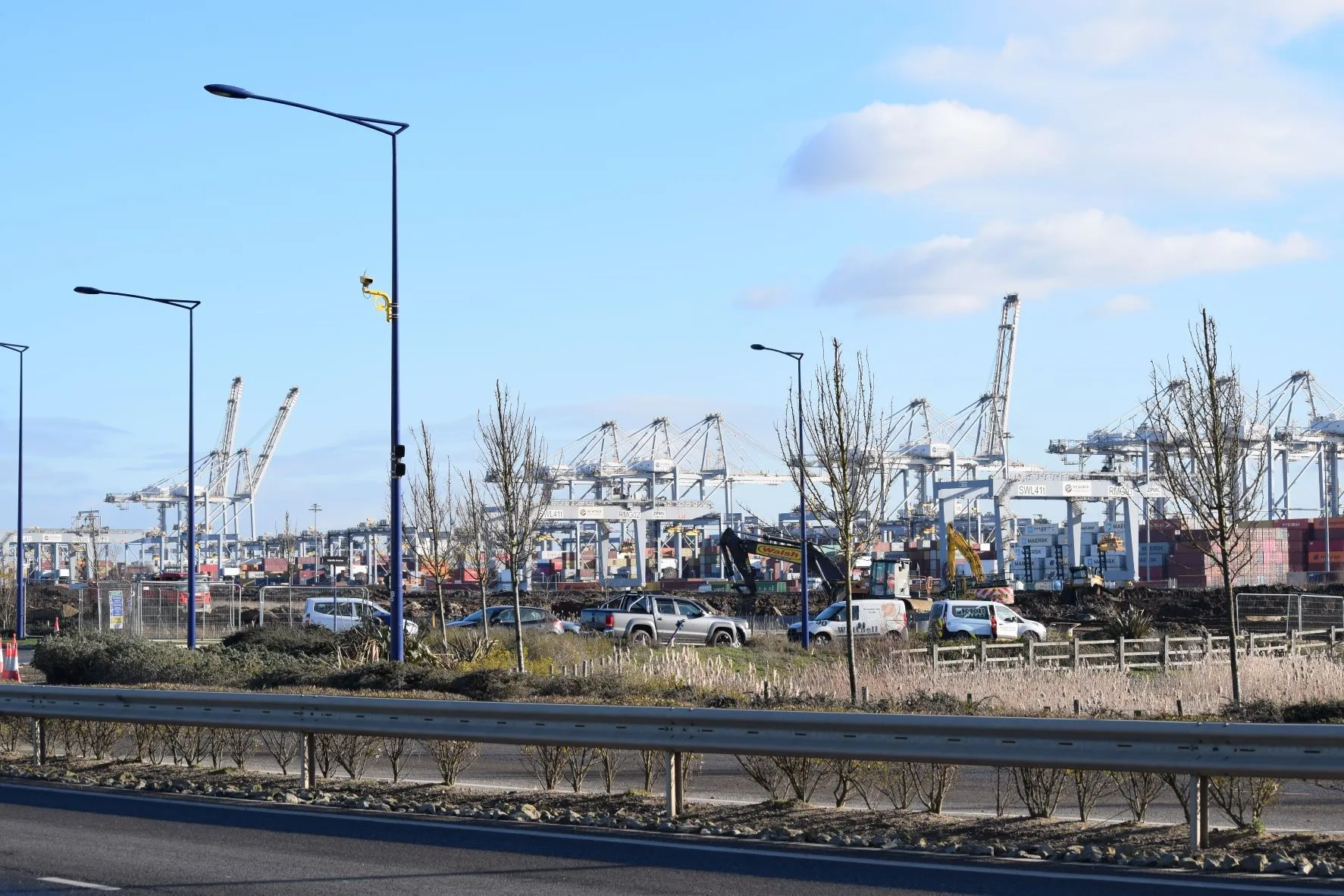Road safety campaigners and European traffic police have welcomed the agreement by EU transport ministers to back a change to rules on cross-border enforcement of traffic offences such as speeding.
This comes on the heels of an Institute of Advanced Motorists report that 23,295 overseas drivers have escaped UK speeding penalties since January 2014.
The European Commission published a revised cross-border enforcement law in July in response to a European Court of Justice ruling in May that said the exi
October 9, 2014
Read time: 2 mins
Road safety campaigners and European traffic police have welcomed the agreement by EU transport ministers to back a change to rules on cross-border enforcement of traffic offences such as speeding.
This comes on the heels of an6187 Institute of Advanced Motorists report that 23,295 overseas drivers have escaped UK speeding penalties since January 2014.
The1690 European Commission published a revised cross-border enforcement law in July in response to a European Court of Justice ruling in May that said the existing rules, which only came into force in November last year, were adopted on an incorrect legal basis. The European Court of Justice has said the current law could remain in effect until May 2015 while new legislation is agreed.
Antonio Avenoso, executive director of the3535 European Transport Safety Council said: "These rules mean that foreign-registered drivers are no longer able to ignore traffic laws safe in the knowledge that they won't be penalised when they return home. They are a smart way of deterring people from dangerous driving when they go abroad but will also help member states follow up on traffic offences when drivers put other people's lives at risk.
"But the clock is ticking because the current rules, which have already been implemented in most countries, will expire if the EU can't agree on this new legal proposal before May 2015. In reality, the changes rest on a legal technicality, so we urge MEPs and transport ministers to reach an agreement as soon as possible. With 500 deaths on EU roads on average every week, there is no time to waste."
European Traffic Police Network (650 TISPOL) president Aidan Reid commented: "Cross border enforcement is a vital tool for police officers in the road safety work they carry out, and to ensure that there is no more driving away from justice. We have already seen examples of Cross Border Enforcement bringing very encouraging results in countries where arrangements for reciprocal sharing of information are already in place. Make no mistake; this law will save hundreds of lives on Europe's roads each year."
This comes on the heels of an
The
Antonio Avenoso, executive director of the
"But the clock is ticking because the current rules, which have already been implemented in most countries, will expire if the EU can't agree on this new legal proposal before May 2015. In reality, the changes rest on a legal technicality, so we urge MEPs and transport ministers to reach an agreement as soon as possible. With 500 deaths on EU roads on average every week, there is no time to waste."
European Traffic Police Network (









